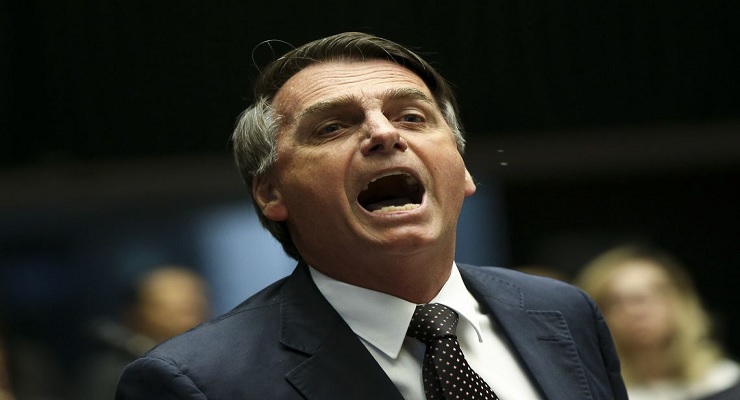
2018 has been a tumultuous political year with dozens of countries having held either presidential or parliamentary elections. Brazil, the giant of South America, rushed to the polls on October 28th and elected their new president. The mantle of leadership fell on the head of Jair Bolsonaro a right wing populist who has divided opinion across the world. On October 29th, a panel discussion was held at the Hudson Institute to talk about Brazil’s 2018 elections and their impact on democracy in Brazil.
During Bolsonaro’s campaign, he promised a lot for the country and definitely those who supported him expect drastic change, and soon. But Brazil’s election system has its own way that it functions. With the help of these expects, we will be learning more about Brazil the future this critically important democracy. According to the YouTube description:
On October 29, Hudson Institute hosted a panel to discuss the results of the October 28 elections in Brazil. In particular, panelists considered the two presidential candidates: Jair Bolsonaro, a right-wing populist with the nickname “Trump of the Tropics,” who won the election; and Fernando Haddad, who represented the left-wing Workers’ Party. The discussion also considered how this election factors into the current wave of populism in Latin American politics and other parts of the world.
Speakers included:
- Matthew Taylor: Associate Professor, School of International Service, American University
- Monica Arruda de Almeida: Adjunct Professor, Center for Latin American Studies (CLAS), Georgetown University
- Mark S. Langevin: Senior Fellow, Schar School of Policy and Government, George Mason University and Director, Brazil Works
- Ambassador Jaime Daremblum: Senior Fellow and Director, Center for Latin American Studies, Hudson Institute.
The video is about two hours. Take a look:

Leave a Reply